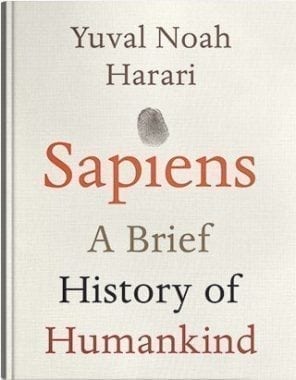This was the year Beyoncé wore a dress made entirely from the sounds of thunder and lightning. The Painter watched from the couch with his daughter and his wife as the three of them stared at the beautiful woman on the television screen accept a Grammy award.Montreal can boast of being home to countless writers, whether it's writers who were born here and moved on or writers from elsewhere that chose to settle here. Historical giants include the likes of Mavis Gallant and Mordecai Richler, but you may be more familiar with contemporary names: Heather O'Neill, Steven Pinker, Louise Penny, Jo Walton.
"I want to be her," said his daughter.
"You want to be a singer?" asked his wife.
"No," she said, "I want to cease to exist. I wish that my life had never begun and my soul could occupy that body instead of my own. I wish this," she pinched the skin of her tiny arm, "wasn't even real. And I lived in there." She pointed towards the television: all of the beautiful, shiny people.
She was only twelve, but times had been tough.
(I don't think these writers share any Montreal-specific quality in their styles per se, but I do love when Montreal itself features as a character in the writing.)
While the "big" city may attract talent, Montreal is not much of a publishing centre, at least not for anglophones since separatism became a thing (see The plight of the angry anglo writer in Montreal). So young aspiring writers face many of the same challenges as those from nowhere towns. Slowly, the anglo marginalization may be changing (see Young writers drive Montreal's literary scene).
Browsing a local bookstore, I realized that Montreal is these days producing some great literature, and I should explore it and give it whatever small platform I can.
An Indoor Kind of Girl
Enter An Indoor Kind of Girl, by Frankie Barnet. It's a slim volume of five stories, packaged with a gorgeous 30s aesthetic, bold white type on forest green. It's a very holdable book with nice wide margins, produced by small press Metatron.
These stories are a slice of life, if your life is twenty-something and has a drifter hipster vibe, viewed through a surreal, but still relateable, lens. I mean, who hasn't worked in an office where the policy was to say you were operating out of New York City, sat by the ocean and caught up with the baby that was the fetus you long ago aborted, or lived in a an apartment that was victim to a turtle (or butterfly) infestation?
An Indoor Kind of Girl is packed with imaginative scenarios tightly woven around characters that are slightly detached, as if they were alien trying to pass for human. There's also a strong feminist undercurrent running through these stories, with some serious subjects, like abuse, abortion, and sexual agency, but they are saved from tragedy through the whimsy of the storytelling (poor capybara!).
Montreal-specific quality? One character nips down to the dep for a bottle of wine. (That's dépanneur to the uninitiated.)
Definitely Frankie Barnet is a writer to watch.
Stories from An Indoor Kind of Girl
"Gay for Her" via Metatron
"It Is Often the Beautiful Ones You Have to Watch Out For"via Matrix Magazine
"A Plot of Ocean" via Peach Mag
And a story that's not in An Indoor Kind of Girl:
"Brewster's Century What?" via Joyland
Interview with Frankie Barnet at Maudlin House.












